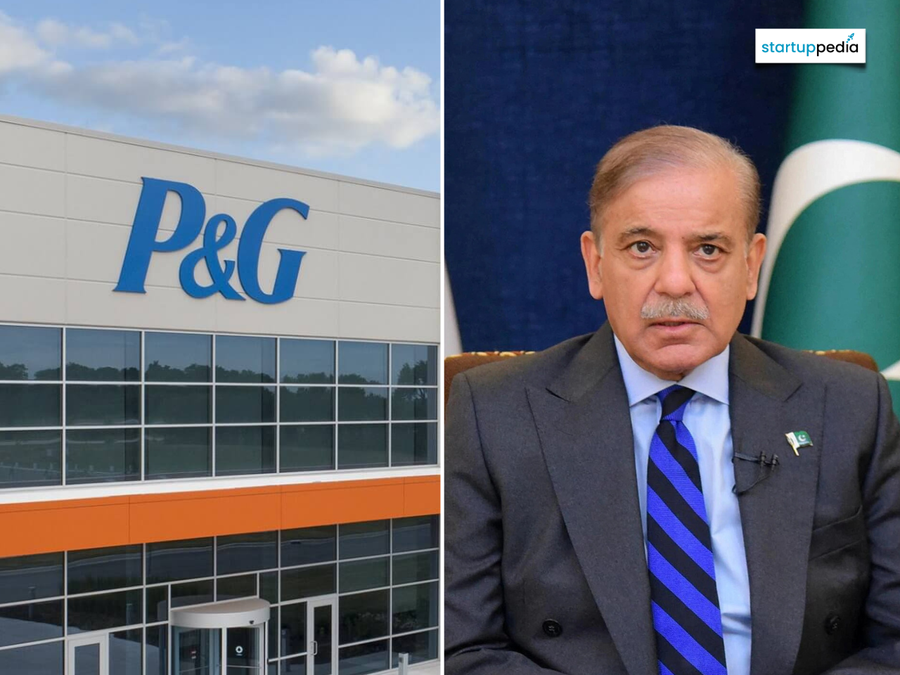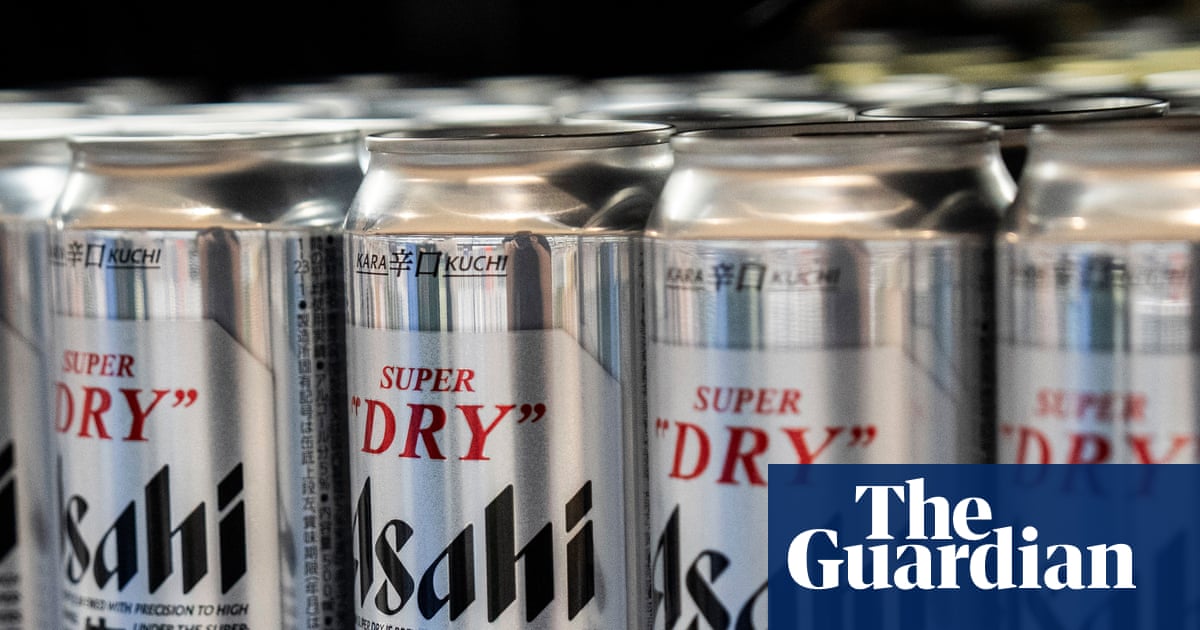Panic Ensues in Pakistan as P&G Exits – Will Gillette Razors Become a Rarity?

Imagine waking up one day to find your favorite grooming products suddenly vanishing from the shelves! That’s the shocking reality facing Pakistanis as Procter & Gamble (P&G) announces its exit from the country, raising fears of a razor shortage just when they can least afford it.
This high-profile departure is more than just a corporate shake-up; it's a symptom of the deep economic crisis plaguing Pakistan. P&G, a household name since its entry into the market in 1991, has produced popular products like Gillette razors and Head & Shoulders shampoo. The news has sent ripples of panic through social media, with consumers sharing their fears of running out of basic grooming essentials amid a backdrop of ongoing economic challenges.
Two years ago, the streets of Pakistan were flooded with viral videos showcasing people desperately scrambling for free flour during a crisis—a stark reminder of the country’s financial struggles. Fast forward to today, and multinational companies are continuing to flee the market, raising alarms about the stability and future of consumer goods availability.
P&G's abrupt decision to cease all manufacturing and commercial activities in Pakistan includes the closure of Gillette Pakistan. As the board prepares to discuss discontinuation steps, social media is buzzing with concerns about how this will impact the availability of vital products like soap and shampoos. With cricket facing its own setbacks, many are now fearing that even their grooming routines might suffer a blow.
Since its launch, P&G has captivated the Pakistani market with its diverse range of affordable products—from Ariel laundry detergent to Old Spice deodorants. However, the company now cites a shift to a third-party distribution model as a necessary pivot in these challenging times, leaving many workers in limbo with uncertain futures.
As former CEO Saad Amanullah Khan pointed out, high energy costs, poor infrastructure, and burdensome regulations have created a hostile environment for businesses. His hope is that such corporate exits will serve as a wake-up call for the country's leaders, emphasizing that without significant improvements, more multinationals may choose to leave.


























